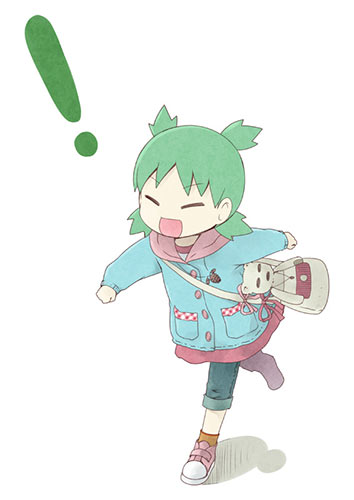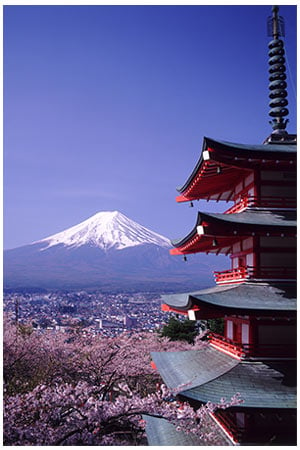One interesting social concept you see at work a lot in Japan is the concept of 我慢 gaman, which means to endure or tolerate something that’s unpleasant to bear. The idea that is that if there’s something that’s inconveniencing you, it’s better to endure it stoically in an act of self-sacrifice rather than take action to fix the problem, which is generally seen as being impatient or hasty. We see this all the time: my wife and I will go to a restaurant that’s much too cold, yet no one speaks up to ask the staff to turn the air conditioning down, preferring instead to tolerate the unpleasant situation while they eat. The other day I visited an onsen hot springs bath on the weekend and was dozing on the tatami mats in the rest area when I was rudely awakened by a 3-year-old boy who felt the need to run at full speed back and forth over the wooden flooring, making a huge amount of noise. The other resting patrons would clearly have liked him to be more considerate of them but instead were silently enduring the situation as proper Japanese should, so I took the kid to task myself…giving him a big shock in the process, since he’d probably never seen a gaijin before. As with the phrase 仕方がない shikata ga nai (meaning “it can’t be helped”), which allows Japan get along more harmoniously but also causes people to fail to take action when it’s called for, gaman is both a social virtue as well as a potential source of problems.

If the kid had been as cute as Yotsaba, I wouldn’t have gotten on his case.















